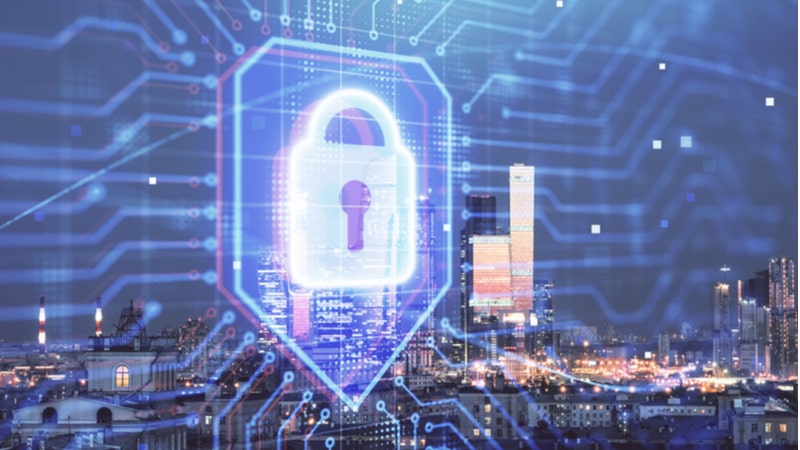
The Senate this week approved legislation sponsored by Sens. Gary Peters, D-Mich., and Rob Portman, R-Ohio, which would promote stronger cybersecurity coordination between the Department of Homeland Security (DHS) and state and local governments.
The State and Local Government Cybersecurity Act would provide state and local governments with information and resources to prevent and respond to cyberattacks.
“Cybercriminals continue attacking state, local, tribal, and territorial government networks. The Federal government needs to step in and take action to help these local communities – who often lack the resources to defend themselves – to quickly identify threats and seal up vulnerabilities in their information technology systems,” Sen. Peters said in a statement. “This bipartisan legislation will help local governments provide critical services to residents even in the event of a cyber-attack, and I’ll continue to fight for its swift passage into law.”

“As we’ve seen from the many recent cyberattacks, hackers with malicious intent can and do attack state and local cyber infrastructure consistently. Sometimes, state and local governments need some additional help or access to expertise to address these threats,” added Sen. Portman. “That’s why I’m pleased the Senate passed this bipartisan bill to strengthen an existing relationship between the Department of Homeland Security and state and local partners to improve coordination and information sharing to help protect our IT infrastructure at all levels of government.”
Specifically, the bill would permit the National Cybersecurity and Communications Integration Center (NCCIC) to provide state and local governments with access to improved security tools, policies, and procedures, while encouraging collaboration.
The bill also would build on work by the Multi-State Information Sharing and Analysis Center (MS-ISAC) – which identified Russia’s attempt to interfere with the U.S. election system – and strengthen collaboration between the MIS-ISCA and state and local governments to prevent and respond to future cyberattacks.
The bill will now move to the House of Representatives for consideration, where Rep. Joe Neguse, D-Colo., introduced companion legislation.
